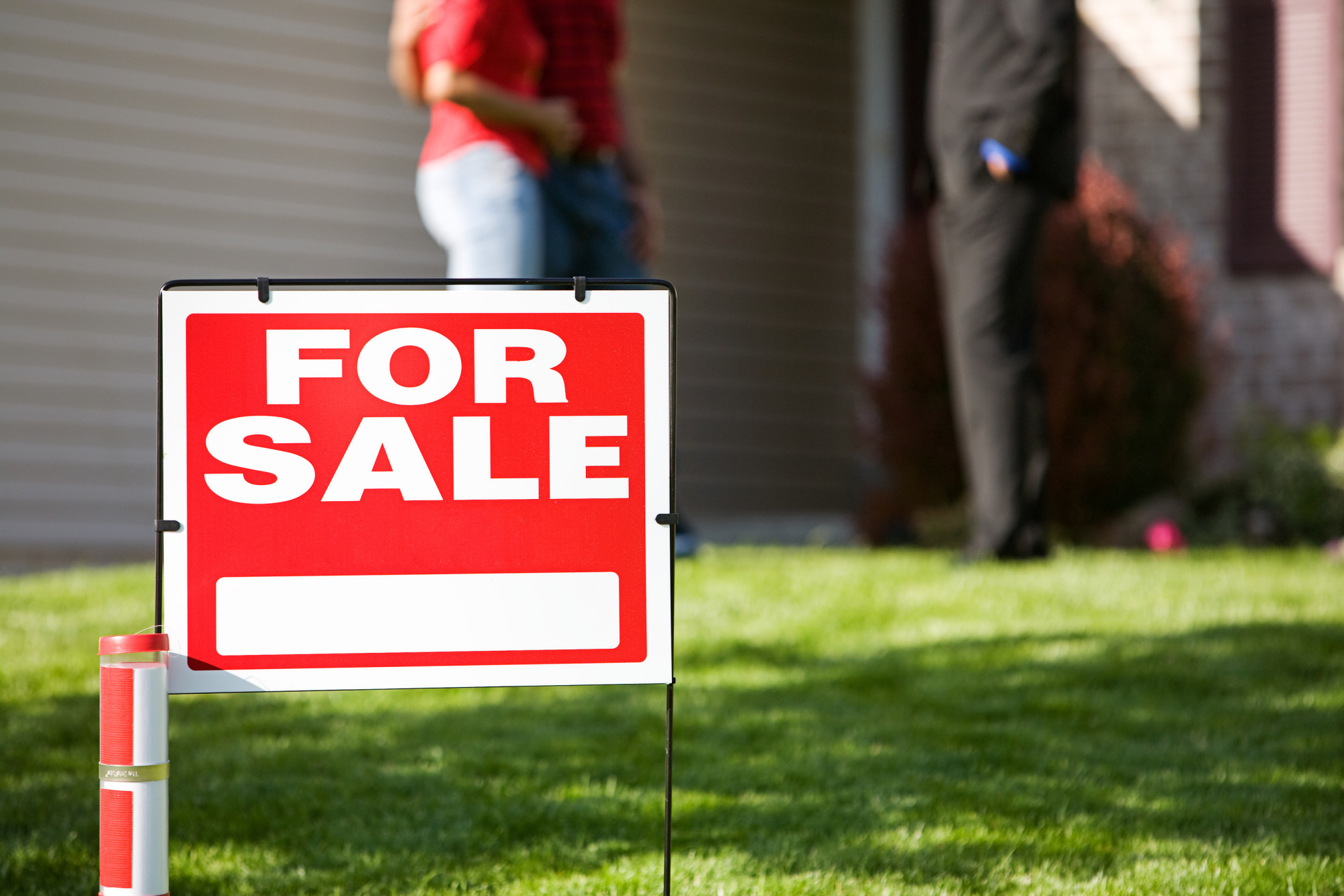
You’ve worked hard for the last few years to save up enough money for a down payment on a house. That’s great news because it may mean you’re finally ready to become a homeowner.
At this time, the average cost of a house in Canada is $488,000.
Fortunately, you don’t need to come up with this much money to buy a house. How much money do you need to buy a house, though? Is this something you’re wondering?
If you want to purchase a home, it might be helpful to learn more about the costs of buying a house so you can adequately prepare to have enough money to make this happen.
You Need a Down Payment
Before you can buy a house, you should talk to a mortgage lending company to learn more about the requirements and procedures for getting a loan.
You may want to ask the lender how much do you need to make to afford a house. You may also want to ask how much of a down payment they require for a loan.
The good news is that there are many loan programs to choose from, and each has different requirements and conditions. One loan program might require putting only 5% down on a house purchase. Other loans require 20% down.
So, the down payment amount needed falls anywhere between 5% to 20%. Let’s look at an example to help you see how much money this would be if you purchased a home.
Let’s say you bought a house for $400,000. If you need a 5% down payment, you would need to come up with $20,000. If you need a 20% down payment, you would need $80,000.
The down payment amount needed is the most substantial upfront cost of buying a home. There are other costs, too, but the down payment makes up most of the expenses of buying a house.
You Will Have Closing Costs to Pay
As you’re budgeting for a house purchase, you should also remember that you must pay closing costs. Closing costs are fees you cannot avoid. You might be able to save some money on these expenses, but you will always have to pay for them.
One closing cost to expect is a loan origination fee. When lenders issue loans, they spend a lot of time and effort on them. To compensate the lenders for their time and work, they charge fees for the service.
A loan origination fee is an expense that pays for the costs a lender incurs when processing and issuing a loan.
Lenders charge other fees, too. For example, they charge fees for pulling your credit report. They also charge fees for title work. You’ll also be responsible to pay for the title insurance on the property.
Additionally, you might be responsible for paying prorated taxes or homeowner’s association fees.
The last type of closing cost you’ll have to pay is for the inspections you need and desire. You cannot get a loan without getting a property appraisal, for example, and you’ll pay for this.
If you want a home inspection, you’ll also pay for this expense. The buyer is the person who pays for the majority of the closing costs. On average, you should plan on spending at least 2.5% of the home’s purchase price on closing costs.
Make Sure to Factor in Your Moving Expenses
The next expense you’ll have when buying a house is for moving fees. Moving is not free unless you handle every aspect of the move yourself. Moving is a lot of work, though, which is why many people hire companies for help.
You may encounter fees for the moving company’s services or packaging supplies.
Fortunately, if you cannot come up with this money, you could apply for a moving loan. A moving loan provides a way to pay for the moving expenses in full, and you can pay off the loan after you get moved into your new house.
In fact, you can borrow money for other expenses related to buying a house, too, if you need to.
Don’t Forget About the Expenses After the Move
The final thing to understand about the costs of buying a house is that you will have expenses to pay for after and during the move.
During the move, you may encounter bills from utility companies to turn on the electric or gas in the home. Your Internet provider or cable TV company might need deposits before turning these services on in the home.
Then, when you get moved in, you’ll likely have a lot of expenses to pay for that you didn’t even consider.
For example, do you want to change the locks on your new place? If so, contact a locksmith to find out the costs of these services.
Do you plan on buying new appliances or furniture for your home? You can spend a lot of money on items like these.
Finally, do you have everything you need for your new house? Did you buy shower curtains, rugs, and towels? Do you have cleaning supplies?
Adding in an extra 1% of the home’s purchase price should cover all the expenses you have after getting moved into your new place.
Keeping some cash on hand is also wise after buying a house, simply so you have money to pay for the unexpected expenses you face.
How Much Money Do You Need to Buy a House? How to Find Out More
So, how much money do you need to buy a house? The answer varies. In many cases, though, people buy homes without having a lot of cash on hand.
If you would like more information about the loans we offer, contact us at Captain Cash. We provide many loan types and options, and we would love to help you find a way to buy a house.
